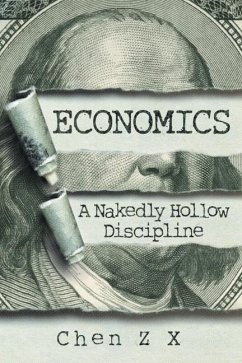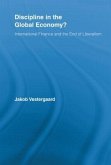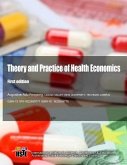In modern society, we have been trained to view the world through the lens of economics. The principles of capitalism have become so ingrained in our psyches that we reflexively see "growth" and "success" as one and the same. More is always better, price is a reflection of value, and money is the key to wealth and happiness. In this book, the author tries to shake us loose from this materialistic worldview. Instead of seeking answers in gilded board rooms or the hallowed halls of academia, this book asks pointed questions about fundamental principles we too often take for granted, such as supply and demand or the role of money. The book also dissects the ivory-tower debates between widely respected economists, such as John Maynard Keynes and Milton Friedman, and questions whether the discipline has any relevance at all to the problems facing our world today. As we enter an era of potentially catastrophic climate change, the author invites us to confront some uncomfortable truths: Can we truly trust the "invisible hand" of the market or the leadership of government to steer us away from self-destruction? Or is a new kind of thinking required that values sustainability over self-interest? And perhaps most frightening of all-is it already too late?
Hinweis: Dieser Artikel kann nur an eine deutsche Lieferadresse ausgeliefert werden.
Hinweis: Dieser Artikel kann nur an eine deutsche Lieferadresse ausgeliefert werden.








